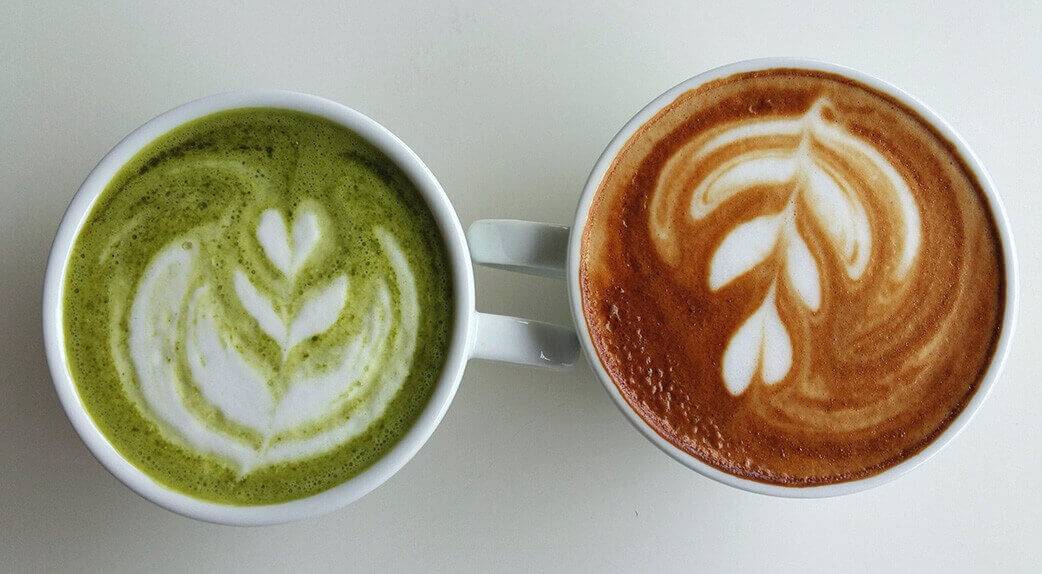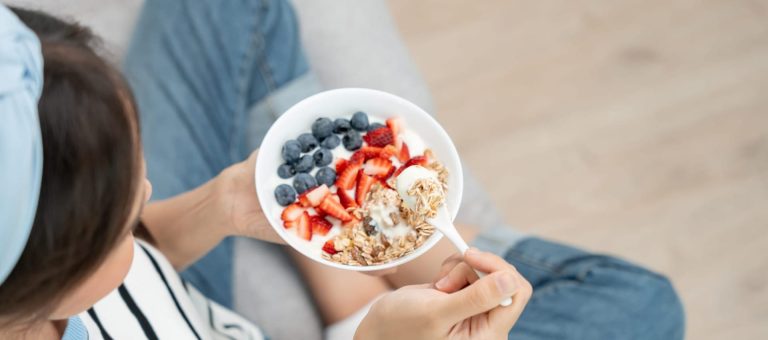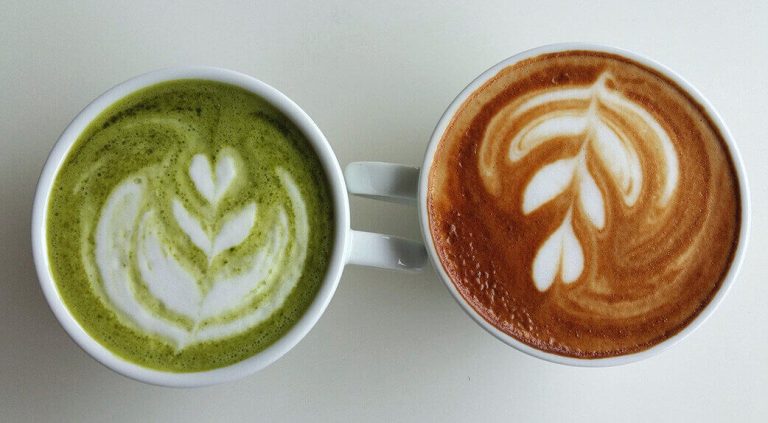
When it comes to brewing the perfect cup of coffee or tea, most enthusiasts focus on the beans or leaves. But there’s one ingredient that’s often overlooked yet plays a crucial role in shaping the flavor: water. In fact, the type and quality of water you use can dramatically influence the taste, aroma, and overall experience of your favorite beverages.
Let’s dive into how different water types affect your coffee and tea flavor and how you can optimize your brew.
Why Water Matters
Coffee and tea are about 98-99% water. This means that water isn’t just a solvent—it’s an active participant in the brewing process. The minerals, pH level, and purity of water affect extraction of flavor compounds, balance, and mouthfeel.
Key water characteristics influencing flavor:
- Mineral Content: Hardness or softness due to calcium, magnesium, and other minerals.
- pH Level: Whether water is acidic, neutral, or alkaline.
- Impurities: Chlorine, chloramine, or contaminants can introduce off-flavors.
Types of Water and Their Impact
1. Tap Water
Pros: Convenient and readily available.
Cons: Varies widely in mineral content and may contain chlorine or chloramine used for disinfection.
Flavor Impact:
- High chlorine levels can impart a chemical or medicinal taste.
- Very hard water can cause over-extraction, resulting in bitterness.
- Soft water may under-extract, producing a flat or dull flavor.
Tip: Use a water filter to reduce chlorine and impurities for better taste.
2. Filtered Water (Activated Carbon or Reverse Osmosis)
Pros: Removes chlorine, sediment, and many contaminants.
Cons: Reverse osmosis can strip minerals, leading to very soft water.
Flavor Impact:
- Filtered water often improves clarity and reduces off-flavors.
- Mineral-deficient water may under-extract coffee or tea, resulting in weak flavors.
Tip: Consider remineralizing filtered water to improve extraction and balance.
3. Bottled Spring Water
Pros: Contains natural minerals that can enhance flavor complexity.
Cons: Mineral levels vary widely between brands.
Flavor Impact:
- Balanced mineral content enhances extraction and mouthfeel.
- Too hard water might cause bitterness or scaling in equipment.
Tip: Choose a spring water with moderate mineral content (total dissolved solids around 150 ppm) for optimal brewing.
4. Distilled or Purified Water
Pros: Free from minerals and impurities.
Cons: Lacks minerals necessary for proper extraction.
Flavor Impact:
- Produces a flat, lifeless cup with muted flavors.
- Cannot extract coffee or tea compounds effectively.
Tip: Avoid using distilled water alone for brewing.
5. Mineral Water
Pros: Rich in minerals like calcium and magnesium.
Cons: High mineral content may lead to over-extraction and bitterness.
Flavor Impact:
- Can produce a bold and rich cup if balanced correctly.
- Excess minerals may overpower subtle flavors.
Tip: Use with caution; consider blending with softer water.
How Minerals Affect Extraction
- Calcium: Enhances coffee’s sweetness and mouthfeel.
- Magnesium: Boosts acidity and brightness in coffee and tea.
- Sodium: In small amounts, can enhance flavor but excessive amounts cause saltiness.
- Bicarbonates: Buffer acidity; too much can make coffee taste flat or soapy.
Water Temperature and Freshness
Besides type, brewing temperature and fresh water usage also impact flavor:
- Use water heated to 195–205°F (90–96°C) for optimal extraction.
- Always use fresh water for each brew to avoid stale tastes.
Final Thoughts
The best water for coffee and tea strikes a balance: it’s clean and free from off-flavors but contains enough minerals to extract the full range of flavors. Many specialty coffee shops and tea aficionados test their water and adjust mineral levels for the perfect cup.
If you’re serious about brewing, experiment with different waters or consider investing in a water testing kit and mineral additives. Your taste buds will thank you!



